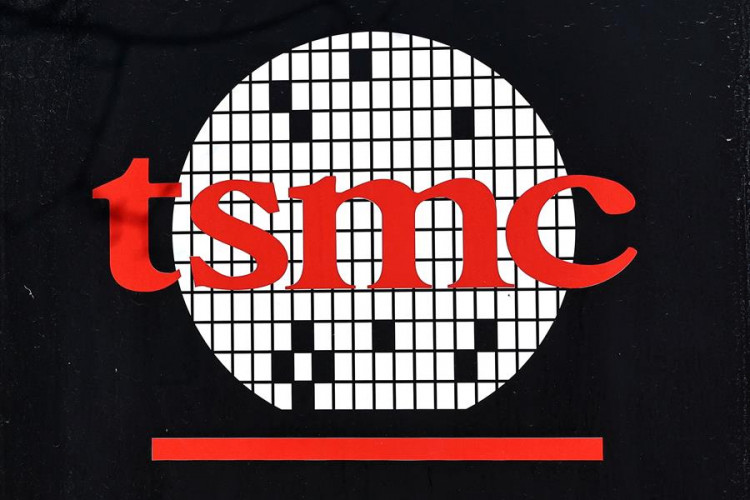Taiwan Semiconductor Manufacturing Company (TSMC), the world's largest contract chipmaker, will suspend production of advanced artificial intelligence (AI) chips for Chinese clients starting Monday. The decision, reported by the Financial Times and confirmed by sources familiar with the matter, marks a significant escalation in the ongoing U.S.-China technology and trade dispute, as Washington continues to tighten export restrictions aimed at curbing Beijing's AI capabilities.
TSMC has informed Chinese chip design companies that it will no longer manufacture AI chips at advanced process nodes of 7 nanometers (nm) or smaller, a critical segment for high-end computing and AI-driven technologies. According to two sources, any future supplies of these semiconductors will require approval from U.S. authorities, suggesting a possible pathway through a U.S.-regulated approval process.
"TSMC does not comment on market rumors," the company stated in response to the reports. "TSMC is a law-abiding company and we are committed to complying with all applicable rules and regulations, including applicable export controls."
The U.S. has been expanding its export control measures to limit China's access to advanced chips, fearing their potential use in developing military technologies, bioweapons, and sophisticated cyberattacks. Earlier this month, the U.S. imposed a $500,000 fine on New York-based GlobalFoundries for shipping chips to an affiliate of China's blacklisted Semiconductor Manufacturing International Corporation (SMIC) without proper authorization.
This move is expected to be a setback for major Chinese technology firms like Alibaba and Baidu, which have been heavily investing in AI chip designs for their cloud computing services and AI platforms. Smaller AI chip startups relying on TSMC's manufacturing prowess may also face major hurdles in bringing their designs to market. The suspension underscores the sweeping impact of U.S. export controls on Chinese tech ambitions and further complicates China's AI development strategy.
The U.S. Department of Commerce, which oversees export controls, did not respond to requests for comment. The announcement coincides with an investigation by U.S. authorities into how a TSMC-produced chip ended up in a product manufactured by China's Huawei, a tech giant subject to strict American sanctions. The probe highlights broader concerns about compliance with U.S. export regulations, which cover global suppliers utilizing American technology.
Analysts from investment bank Jefferies have suggested that the U.S. government may soon introduce a new rule barring foundries from producing advanced AI chips designed by Chinese firms. The policy, according to these analysts, is intended to close potential loopholes that could allow China to gain access to cutting-edge semiconductors via international supply chains.
TSMC's decision also reflects internal control improvements in response to the Huawei-related probe and anticipates the next wave of U.S. export restrictions, which are expected before President Biden's current term ends. These developments have raised concerns among Chinese companies dependent on advanced chips for AI-driven applications, cloud computing, and other high-tech innovations.
Chinese industry insiders have expressed worries that these restrictions could severely hamper their competitiveness in AI and other cutting-edge fields. The move comes as part of a broader strategy by the U.S. to slow China's advances in AI, supercomputing, and other strategic technologies deemed critical for national security.
For TSMC, one of the most valuable tech firms globally, navigating the increasingly fraught geopolitical landscape has become an ongoing challenge. As Washington tightens its grip on chip technology exports, the company faces complex compliance demands while striving to maintain its position as a leading chipmaker.






